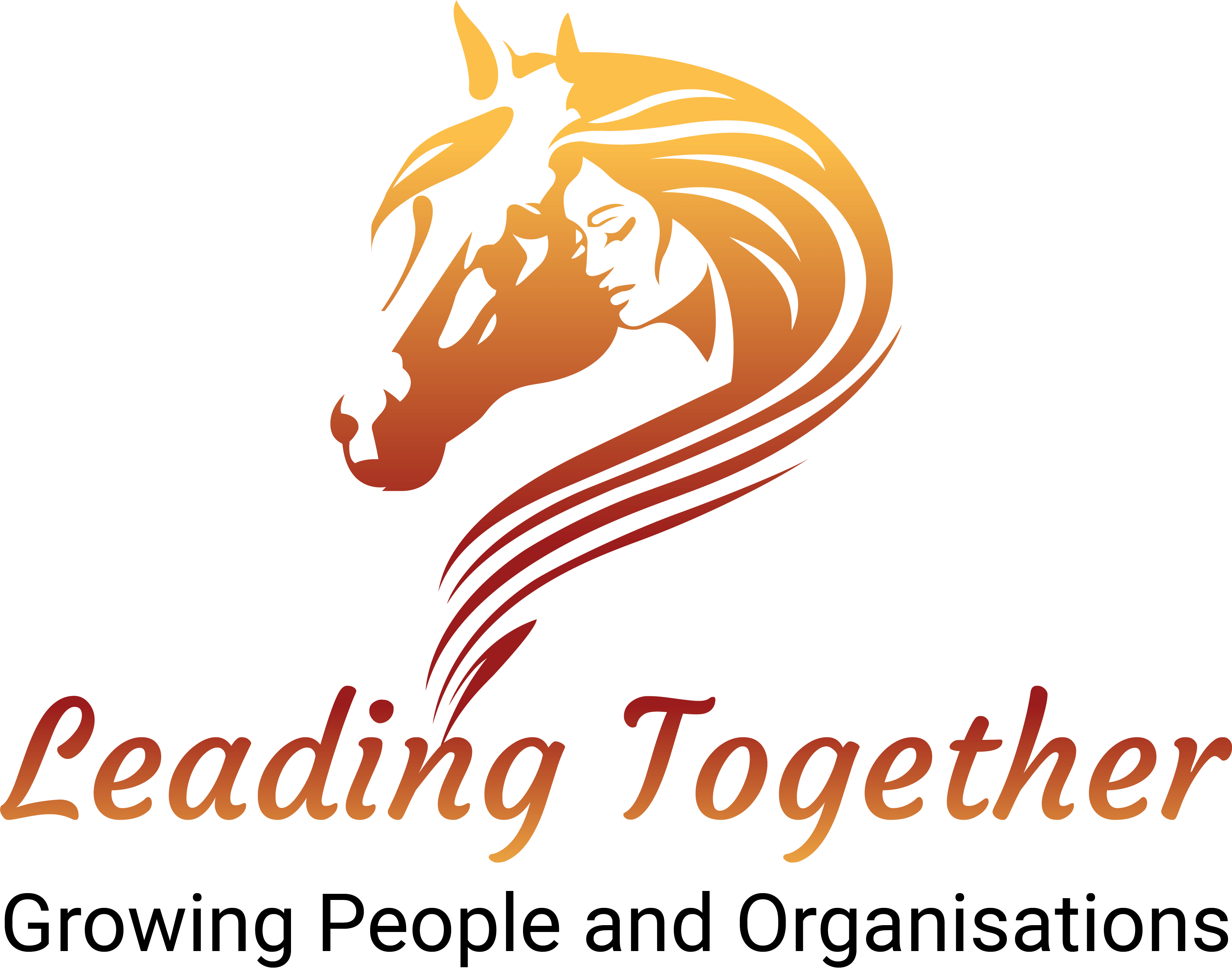Becoming More Self-Aware In 4 Steps
Living in a world where we are constantly comparing ourselves to others, can have the sad result of us losing ourselves while trying to be more like everyone we see on social media. We find ourselves judging ourselves and others.
In order to live your purpose in life and to be authentically you the first step is to understand who you are. This requires you to be vulnerable and aware of – your weaknesses, your strengths, your beliefs, your goals, your personality, your motivations, and your morals.
These are all the traits that make you who are you and how you respond to the world. Once you understand what you are made of and you have to realize that all of those aspects are capable of changes and improvement.
In this guide, we’ll give you tips on how you can ultimately increase your self-awareness for the greater purpose of becoming the best version of yourself. Self-awareness is one of the key factors in improving your emotional intelligence.
Attracting Awareness
It’s easier said than done, we know! But it all starts with a suggestion to your brain, which can then get it through its filter and allow it to have an impact on how you feel, think and experience.
Let’s have a look at the 4 things you can do to become more self-aware!
1. Get To Know You
Have you ever sat down with yourself and asked the question: “Who am I?”
And more importantly… Would you be able to answer that question if it was asked of you?
The first step in building a healthy awareness of yourself is to understand who you truly are when you look at yourself objectively.
This step is easier if you think about yourself from an outsider perspective. Think about how people who know you well would answer. I find this is the easiest place to start. How would your best friend describe you? How would your family describe you and then you can start to dig a little deeper. Then you can think about your own perceptions of yourself if you were to look at yourself objectively.
During this process, you shouldn’t compare yourself to others, but rather look at yourself as an individual without comparisons while looking at your accomplishments, interests, beliefs, and personality.
Granted, though, you will never be able to map out your entirety on a piece of paper, but you can get to know the most frequently occurring patterns you have, that make the most of your life.
2. Journaling
One of the best ways to keep track of your daily emotions, reactions, and feelings is to keep a journal in which you write down those things.
It’s amazing how putting pen to paper can really put things into perspective;
Writing down your feelings, thoughts, failures and successes of the day will give you a fresh view of how you deal with things.
Journaling is a means of self-reflection to not only see your strengths, but also your weaknesses as it gives you the objective perspective to change bad reactions in the future.
Recording your daily way of acting and reacting will also help you clear your mind and open up space for positive energy.
3. Mindful Habits
During our daily lives we can become quite robotic as if we are on autopilot just cruising through our schedules and before we know it, weeks and months have flown by.
To savour every moment of the day, we have to be more mindful of what we do, this means being aware of good and bad habits while enforcing better habits more.
Trying to keep up with a fast-paced world can keep us from enjoying small pleasures like breathing in fresh air or simply going for a stroll around the neighbourhood.
Which tasks during your day give you a sense of serenity, calmness, and happiness?
Is it washing the dishes, meditating, cooking, or exercising?
Ensure that you do these kinds of activities more!
4. Ask For Feedback
Even though it might be a bit scary, it’s important to know what our friends, family, and even colleagues think about us and our behaviour.
Ask those closest to you to give an honest and open, but critical and objective, description of who they see you as, to give you a better idea of what people truly think of you.
Honest feedback from people around us will give us a better idea of who we are and how our behaviour affects our everyday lives.
Obviously, it’s important that you remain open-minded and non-offensive during an honest feedback session from a friend, listening with an open heart might help you recognize something within yourself you never knew was there.
In the end to be more self-aware, switch off your devices and go inward to discover the true you.
Once you make contact with the authentic person inside, you are well on your way to improve relationships around you and your emotional intelligence. You’ll in fact exit the main sequence of emotional and behavioural patterns, opening room for more, new experiences and things.
Are you ready?










0 Comments